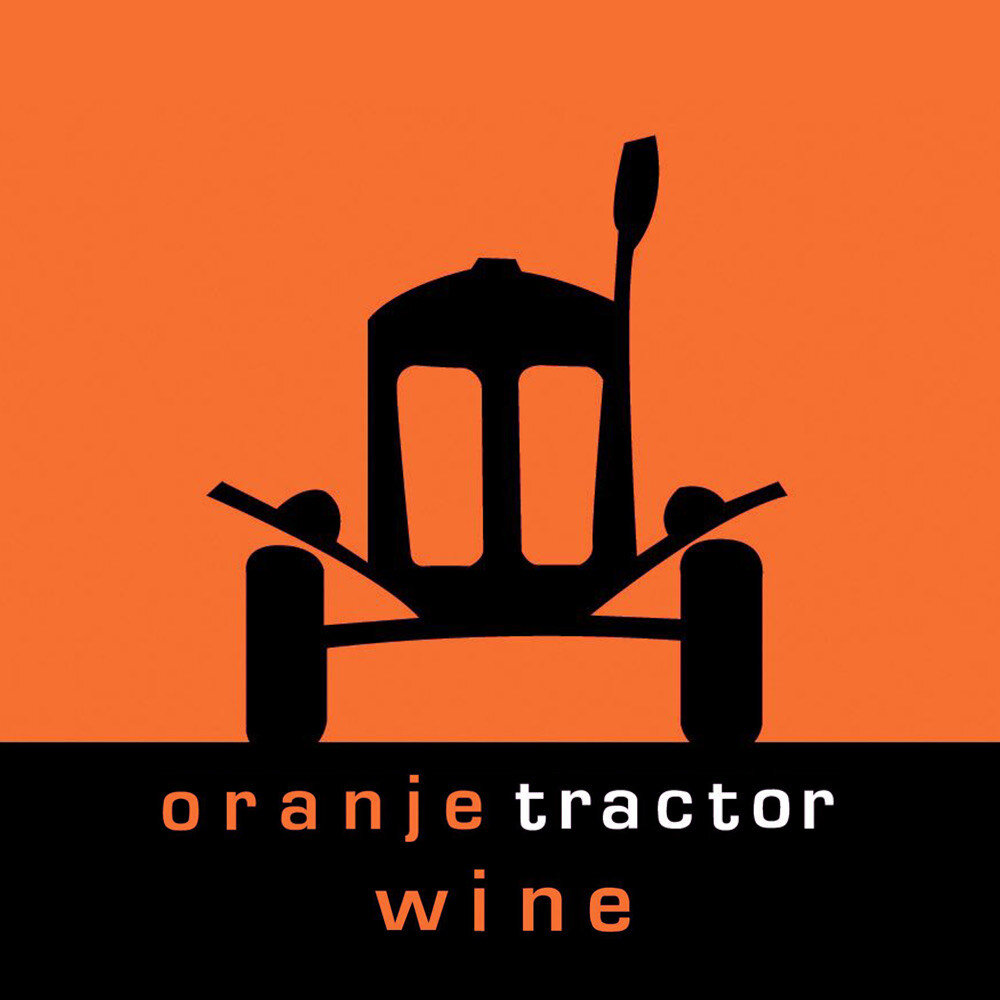Minister for Agriculture, the Hon Alannah MacTiernan, and local member Rebecca Stevens booked our Organic and Regenerative Small Farm Tour last Saturday to find out about our Net Zero achievement.
By implementing a range of organic and regenerative agricultural practices, our sequesters six times more CO2, and CO2 equivalents, than the vineyard emits.
Over a typical year, our 8-hectare farm sequesters 8.5 tonnes of CO2, whilst the 2.6 hectare vineyard emits just 1.4 tonnes.
Last year we participated in a Landcare Australia Carbon Accounting process which identified emissions from the vineyard, purchased inputs and the amount of carbon that is sequestered by vegetation on the farm.
We don’t need to purchase offsets because are better than net zero now. This is because we implement a range of organic and regenerative practices that allows natural ecosystems to flourish. If you let it, nature will increase soil fertility, water retention, produce healthy plants that are more resilient against pests and diseases, weeds are sent packing and you can keep your input costs down and remain viable.
We are carbon positive because we don’t purchase synthetic fungicides, pesticides and water-soluble fertiliser. We are here to regenerate our small patch of the planet, not strip mine it for a quick buck.
There are a lot of things we don’t use because they are damaging. Ammonium nitrate is a common fertiliser that blows things up. It is the explosive charge in bombs. It can blow up in storage as it tragically did in Beirut last year. Today it is a common fertiliser that blows up soil bilogy.
Soil dependent on synthetic ammonium nitrate fertilizer becomes lifeless and unable to support healthy plant growth. The billions of microorganisms in soil that naturally convert organic matter to usable nitrogen for plant growth are harmed by synthetic ammonium nitrate fertilizers.
As a micro business we couldn’t afford the $5 000-$8 000 to validate and accredit the carbon accounting process. Instead, we asked Peter Newman, Professor of Sustainability at Curtin University to visit and he duly signed off our Net Zero Now status.
Peter and his research group are now writing up the story for an international journal as he says “the world needs to know about this”, said Professor Newman.
We achieved organic certification in 2006 and have introduced a range of regenerative practices in recent years. These practices include planting cover crops in between vine rows to increase the diversity of our underground livestock. We now leave canes in the vineyard to breakdown and release nutrients rather than removing and burning them. Sheep are strip grazed in the vineyard to keep the grass down to a height that maximises the amount of liquid carbon they feed to the soil food web.
Our soil biology tests have revealed we have soil teeming with an enormous diversity and quantity of fungi and bacteria which are the engine room of the soil food web.
We don’t own a working tractor (just the old orange one that serves as the entry statement) and rarely is one used in the vineyard because we don’t want to compact the soil, squeezing air and water out. No air, no water, no life.
Investing in the free services that nature provides rather than paying big dollars for horror rides on the industrial treadmill hasn’t affected the quality of our wine. We have bounced between a 4.5 star and 5 star (the maximum) Halliday rating since we started.


